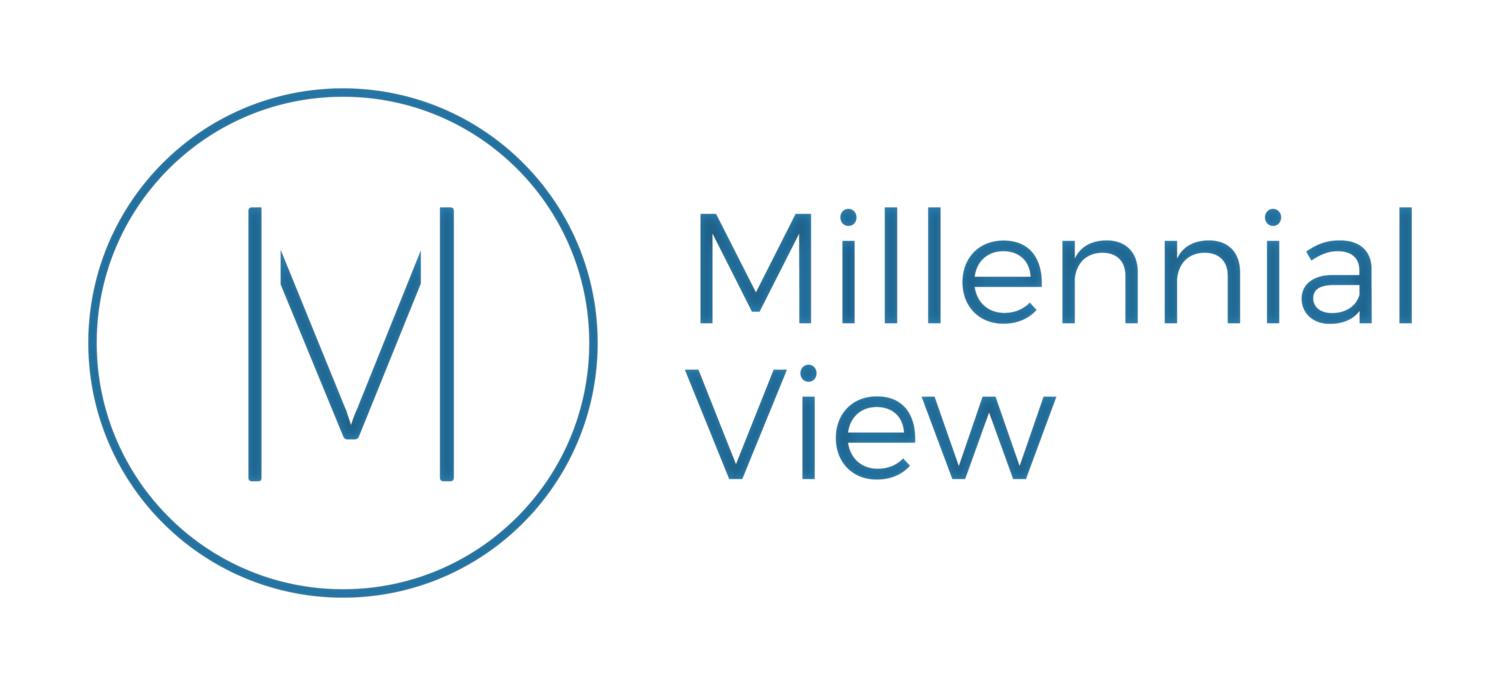The need for Millennials in Government
By Whitney Smith
Although Millennials are expected to make up 75% of the workforce by 2030, Millennials currently make up less of the government workforce than they do the private sector. According to the U.S. Office of Personnel Management, out of all the federal government employees, only 17% are age 34 and under.
For the last year, I’ve been fortunate to have the opportunity to work in different facets of state government and have incredible experiences, coworkers, and supervisors. Although we all share similar interests and an undoubted love for staying busy and public service, one defining factor I’ve noticed is that when I ask state workers who have been in government work for several years or longer what they like about their job, many say they love their 8:00 a.m. to 4:30 p.m. hours, being able to drop off their kids for school every morning, healthcare and retirement benefits and job security.
However, Millennials have different priorities when looking at employment.
According to a Forbes report on research by the Intelligence Group, “64% of them say it’s a priority for them to make the world a better place. 72% would like to be their own boss. But if they do have to work for a boss, 79% of them would want that boss to serve more as a coach or mentor.”
A Gallup poll echoes these findings with more Millennials than Gen X’s or Baby Boomers prioritizing “the opportunity to learn and grow” in a work environment.
If Millennials care about making the world a better place, what better way to do that than by working for something that affects everyone? While Millennials may find themselves hard pressed to find a job that embraces all they are looking for, government work may be a better fit for them than it’s rap.
Working for the government may not always sound as sexy as a starting up a charity, but it can provide fulfillment by serving constituents through answering their calls and putting them in touch with the departments and agencies which exist to help them, giving them updates on the positions of those they’ve elected to represent their interests and listening to their priorities for what they want from the government.
This is a prime time for Millennials who enjoy mentorships looking to enter government work, as many of those already working have more established careers and know the “lay of the land,” with the “land” being the in’s and out’s of the political landscape. The context and sense of history one gains from having a consistent job in a field where elected officials are always changing for several years makes the perfect candidate for a mentor.
I love the feeling of serving constituents, but the most impactful part of any government work I have had so far has been having the opportunity to learn from the experienced professionals I’ve worked under. Despite often coming from different generations, these professionals have been kind and generous, always taking the time to teach me something and give me a new perspective on the job I do.
But those mentorships didn’t just happen overnight after my first day on the job. Like most things, bridging this gap between ideals and reality is a two-way street. For millennials, the first step is getting involved and then doing their thing to be innovative.
The need is there and the door is open if Millennials just look and find it.
For example, a year ago I began a full-time internship with the state, and since then, one of my then co-interns has been hired to work in digital communications for the State House of Representatives. A year ago, he didn’t even know this job was a possibility because it didn’t exist, but through his internship, he showed up, proved his passion, innovation and that the House needed him to do this job. And they listened.
At the end of the day, Millennials need to reassess their values, strengths, and priorities and consider how they can fit into a government job. On the other side of the table, those in government need to reassess the qualities they look for in job candidates and understand the need for innovation, passion, and willingness to learn in their offices. Although it may take a few years, once Millennials and older generations in government recognize the need for each other, we will see a more fair and representative government regardless of party affiliation.

